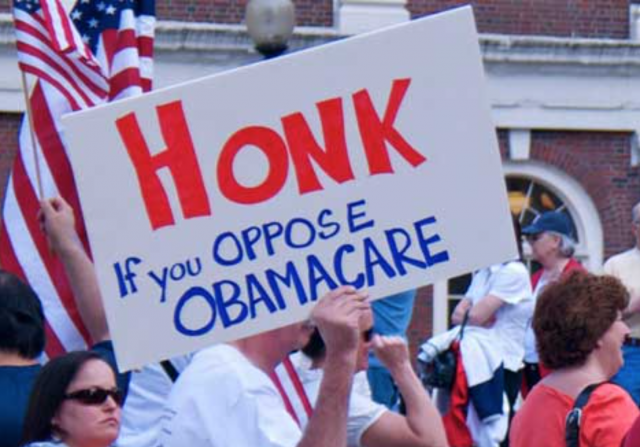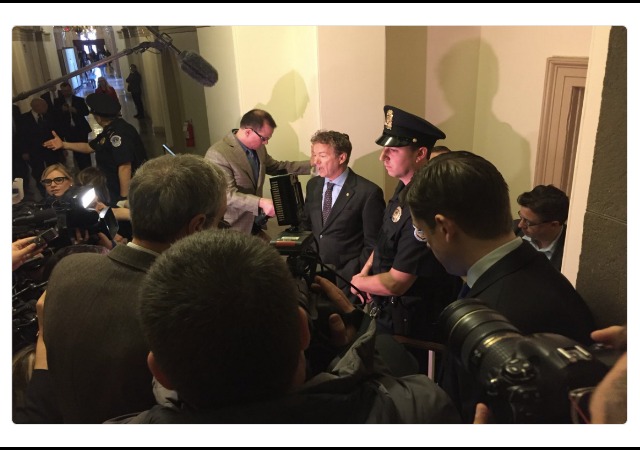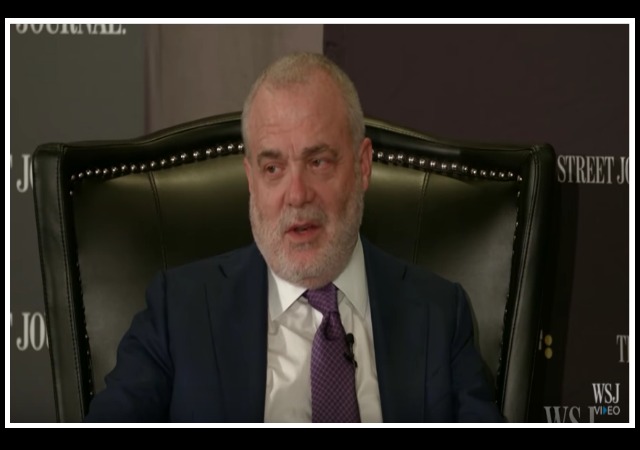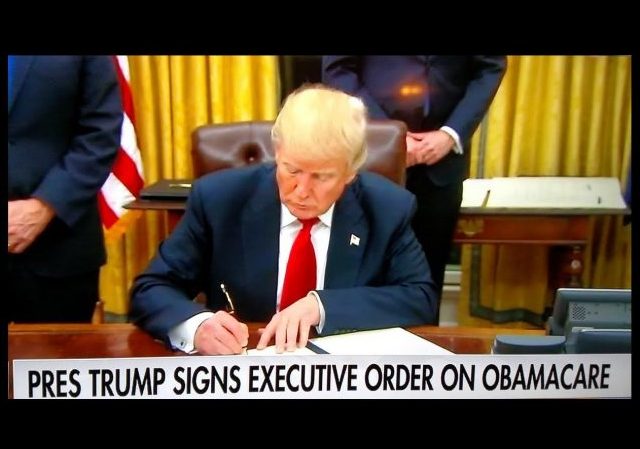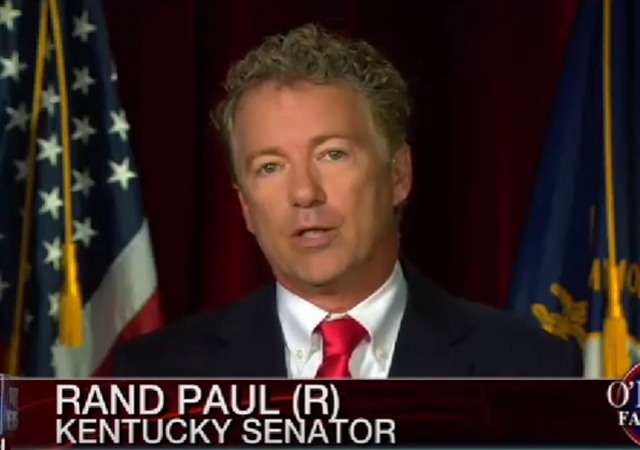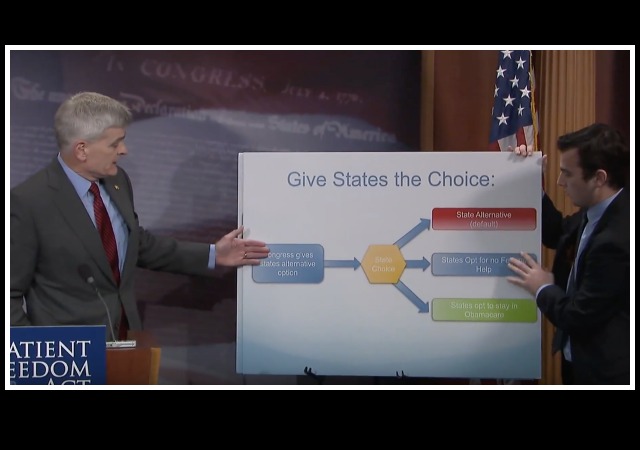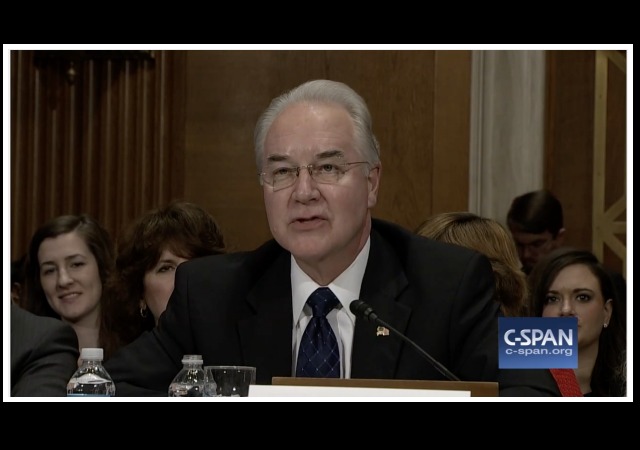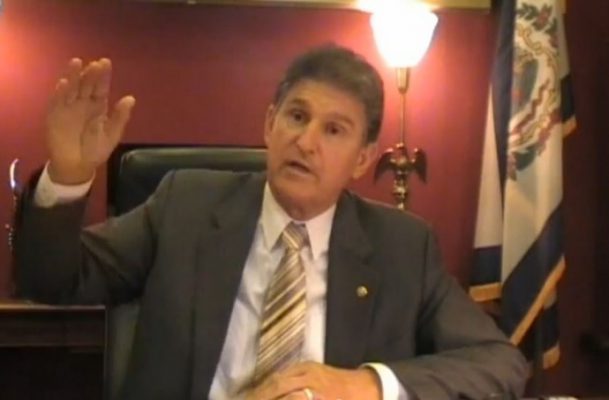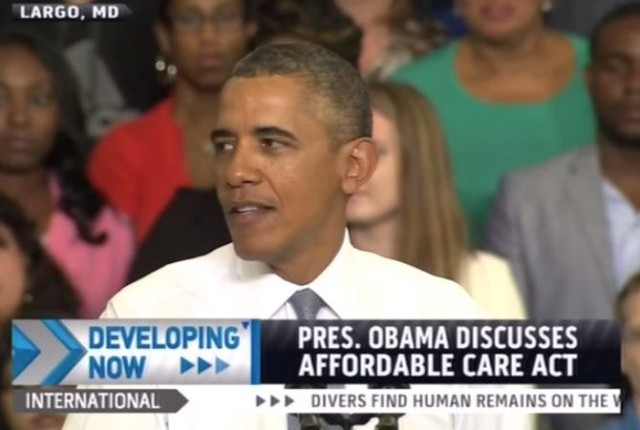What Will GOPcare Change?
on March 07, 2017
47 Comments
Monday evening, House Republicans finally unveiled eight years of campaign promises in the making, The American Health Care Act.
Reviews are mixed but predictable -- Democrats, hair ablaze, have morphed into screaming banshees claiming all the children will be health insurance-less.* Meanwhile, most Republicans are calling the AHCA Obamacare-lite.
What I can say is this -- there better be more "replace" in the legislative pipeline if Congressional Republicans plan to use this bill as proof of the long-awaited "repeal and replace" promise.
Because as it stands now:

